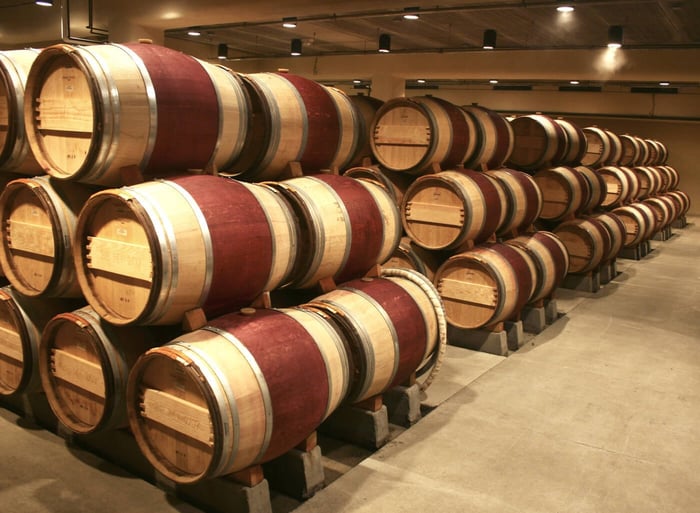A Unique Elixir from Nature's Treasure Trove
Wine has been celebrated for centuries, with its roots firmly planted in tradition and culture. While grapes have been the primary source of this beloved elixir, there are lesser-known treasures waiting to be discovered. Enter Agave Wine, a unique and captivating libation derived from the agave plant, long revered by indigenous cultures for its versatile properties. In this blog, we embark on a journey to uncover the allure of Agave Wine, its history, production process, and the delightful flavors that set it apart.
Agave Wine vs. Agave Spirits: A Distinctive Difference
Before delving into Agave Wine, it's essential to understand the distinction between Agave Wine and Agave Spirits. Agave Spirits, such as Tequila and Mezcal, are distilled alcoholic beverages made from the agave plant. In contrast, Agave Wine is a fermented product created by fermenting the sugars from the agave plant, similar to grape wine. Both have their unique characteristics and production methods, making Agave Wine a distinct and lesser-known category.
A Brief History of Agave: A Plant of Myth and Legend

Agave Plant
The agave plant holds significant cultural and historical significance in Mexico and Central America. Indigenous communities believed it to be a sacred plant, bestowing various benefits, from nutrition to medicinal properties. Ancient folklore even attributes its existence to a divine gift from the gods. These cultural beliefs and practices have been passed down through generations, contributing to the mystique surrounding agave and its derivatives.
The Agave Wine Production Process: Nature's Sweet Fermentation

This is the piña, the heart of the agave plant
The production of Agave Wine begins with the harvest of mature agave plants, which can take several years to reach full maturity. The heart of the plant, called the piña, is then extracted and roasted to convert its starches into fermentable sugars. After the roasting process, the piñas are crushed, and the extracted juices are fermented. Yeast is often added to aid the fermentation process, converting the sugars into alcohol. Once fermentation is complete, the resulting liquid is aged, often in oak barrels, to develop its unique flavors.
Varieties and Flavors: A Palette of Tastes
Similar to grape wine, Agave Wine offers an impressive variety of flavors and profiles. The type of agave used, the region where it's cultivated, and the aging process all contribute to the final taste. Some Agave Wines boast a delicate sweetness with floral notes, while others present a rich and robust flavor profile with hints of earthiness and spice. Exploring different Agave Wines can be an exciting adventure for the taste buds.
The Versatility of Agave Wine: Pairings and Cocktails

Flybird Margarita is an Agave Wine sold on Buywinesonline.com
Agave Wine's diverse flavors and natural sweetness make it a versatile option for various culinary experiences. As a complement to meals, it pairs well with an array of dishes, from seafood and poultry to spicy Mexican cuisine. Additionally, mixologists have embraced Agave Wine as a delightful base for creative cocktails, infusing their unique flavors into classic libations or crafting new concoctions that pay homage to the plant's cultural roots.
Sustainability and Cultural Preservation
Beyond its delectable taste, Agave Wine production can have positive impacts on sustainability and cultural preservation. Unlike grapevines, which require significant resources and maintenance, agave plants are hardy and drought-resistant. Their cultivation can contribute to the preservation of arid landscapes and promote sustainable agricultural practices. Furthermore, supporting Agave Wine producers often means supporting local communities and preserving traditional knowledge and techniques passed down through generations.
Agave Wine is a hidden gem in the world of alcoholic beverages, offering a unique and captivating taste deeply rooted in culture and history. As we embark on a journey of exploration and appreciation, we discover a world of flavors, sustainability, and cultural significance that sets Agave Wine apart from its grape-based counterparts. So, the next time you raise a glass of this alluring elixir, savor not just the taste but the centuries-old stories and traditions that make Agave Wine a treasure waiting to be cherished.




